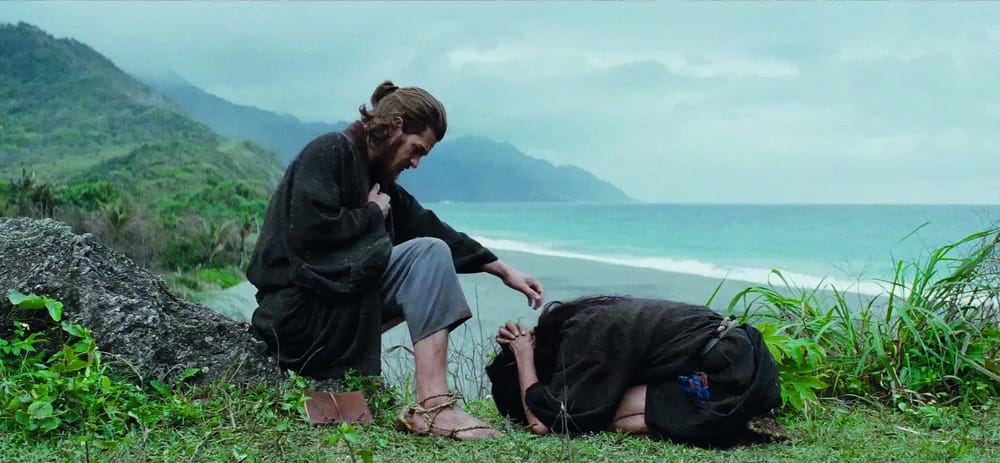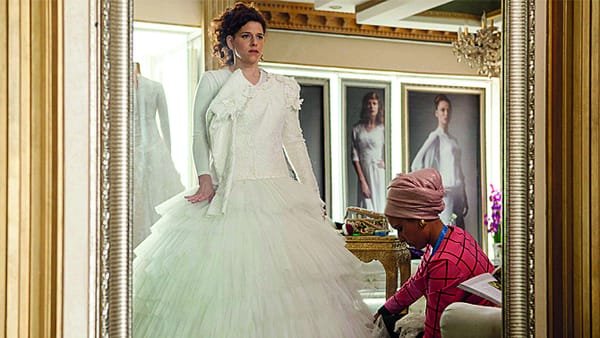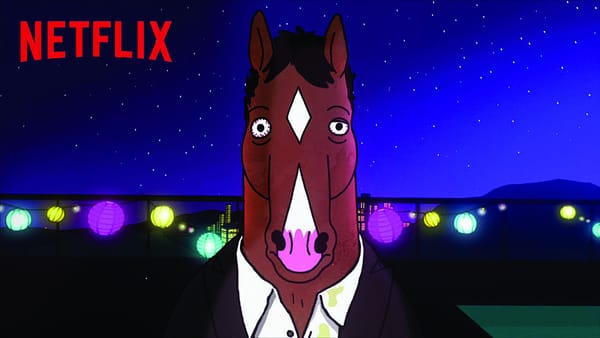Silence
A strained, off-putting work

Following on from the messy hedonism of The Wolf of Wall Street – a three hour orgy of casual violence, over-sexualisation, and easy profanity – it is clear that Martin Scorsese is searching for a kind of ‘mea culpa’ with Silence, a mix of asceticism, endurance, and proselytism. It’s a hard pill to swallow. Based on a Shusaku Endo novel, Silence follows the plight of two Portuguese priests – Father Rodrigues (Andrew Garfield) and Father Garupe (a little-used Adam Driver) – who journey to Japan in search of their mentor, Father Ferreira (Liam Neeson).
Ferreira, as we learn at the beginning of the film, was made to endure brutal tortures at the hands of the Japanese, and has since (it is rumoured) renounced God. He performs this apostasy – a word that recurs throughout the film – by stepping on a small image of Jesus; it’s a miniscule but meaningful act, and the Japanese converts who refuse to do so are put to death.
Garupe and Rodrigues are accompanied to Japan by Kichijiro (Yosuke Kubozuka – a highlight of the film), who has already suffered physical and psychological torture at the hands of the government. What follows is a three-hour slog through the mountain villages of Western Japan, which progresses at such a slow pace, it’s like wading through a biblical flood of treacle. This isn’t helped by the bizarre decision to get Driver and Garfield to put on unplaceable, quasi-European accents, which veer all over the place, and make their acting seem strained. For Driver, the accent he puts on is like a thick lacquer that is nevertheless unable to hide the inflections of his idiosyncratic voice. For Garfield, meanwhile, the accent is more sure, but still off-putting, and not helped by the constant voiceovers he provides – for a film called Silence, there sure is a lot of unnecessary talking going on.
The film is at its most dynamic towards the last hour, when Rodrigues (Garupe has since left the scene) encounters his sparring partner, the Inquisitor (played brilliantly by Issey Ogata), and they debate on the reasons for the Christian mission to Japan. It is in these lucid, enlightening moments, shot through with literary imagery – Japan is a swamp, the potential colonisers are foreign, intrusive concubines – that the near-monologue Garfield is forced to recite is revealed for what it truly is: a collection of religious-sounding platitudes, that ultimately belie any real meaning.
Throughout Silence, Scorsese documents with increasing brutality the torture used against Christians: from slowly dribbling scalding water down their bare torsos, to hanging them upside-down, a slit in their neck bleeding them drop by drop. It seems Scorsese wished to inflict similar violences on his audience: Silence is an over-wrought, un-nuanced work of film, which more than wears out its welcome. Pure (cinematic) torture.










